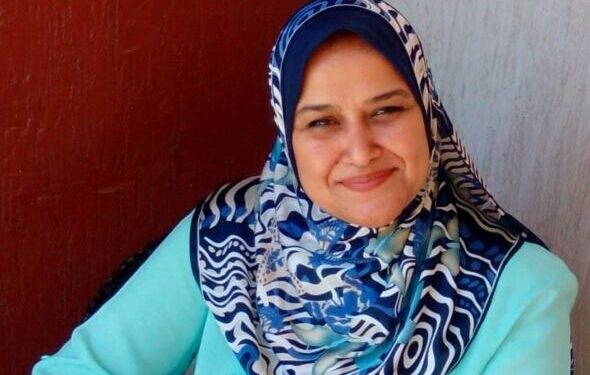From 1990 to 2019, the number of people living in extreme poverty (according to the World Bank threshold of $2 per day) plummeted from 1.9 billion to 648 million. Unfortunately, Covid-19 has reversed much of this progress. By the end of 2021, it is expected that the pandemic will have pushed 150 million people back into dire poverty, which would delay the fulfillment of the UN Sustainable Development Goals, of which number one is an end to poverty in all its manifestations by 2030.
Along with reduced state revenues due to the suspension of sectors such as travel and tourism, many governments, including those of rich countries, have suffered deficit in their state coffers because of huge funds directed to upgrading healthcare to cope with the growing number of coronavirus infections or for the purchase or manufacture of vaccines against this deadly virus.
This could be why many governments are considering exceptional measures to swell their revenues to overcome economic hardship, even by imposing extra taxes on the rich, of whom many have recently grown more wealthy.
The Biden administration, for example, is planning the first major tax hike since 1993, which will include higher taxes on higher earners. Meanwhile, Argentina has already passed a one-off levy on the wealthy.
Such decisions to impose progressive taxes on the super-rich used to come up against resistance from some economists, who claimed that higher taxes on businesspeople would prompt them withdraw their investments to tax havens. It is better to make the wealthy pay less tax in return of offering charity to the vulnerable people, economists add. However, such a strategy has failed and broadened the global gap between rich and poor.
In the US, the wealthiest 10 per cent control nearly 75 per cent of the nation’s net worth while the middle continues to shrink. In developing countries such as Egypt the gap is growing wider as 30 per cent of the population lives under the poverty line as statistics of the Central Agency for Public Mobilisation and Statistics showed.
The problem is that the super-rich continues to enjoy lowest level of taxes for decades and many of them evade as much as one-third of their tax dues. Meanwhile, taxes are falling disproportionately on working people.
Such practices must be revised by all governments if they sincerely want to settle this inequality and enable the majority enjoy the fruit of economic reforms.
In Egypt, President Sisi’s administration has worked hard to alleviate poverty and improve living conditions for the very poor by providing them with proper housing, health services and subsidised commodities and direct financial aid.
Recently, President Sisi launched an initiative ‘Dignified Life’ to upgrade Egypt’s rural areas with an ambitious budget of LE700 million. The project is to be carried out by various government departments and civil society to improve the quality of life for half of the Egyptian population living in the rural governorates.
Last week, while inaugurating a giant industrial complex for food products, President Sisi suggested raising the price of subsidised bread, which costs a mere 5 piastres a loaf.
“The price of subsidised bread loaves has been fixed for 20 or 30 years. This situation cannot continue,” the president said noting that our children do not know what 5 piastres mean, even though one loaf costs the government 60 piastres.
The president is right to criticise the fact that bread prices have remained unchanged for more than two decades. He also noted that the price difference, which has yet to be decided, will fund school meals for poor children, many of whom suffer from malnutrition and anemia.
In fact, doubling the price of a loaf might not affect most people who depend on subsidised bread. However, we should not overlook the fact that the ration card system is intended for the very poor people whose children suffer from poor diets and been targeted by the government’s school meal project.
Therefore, raising the bread price to pay for school meals would be much more appealing to the public if the wealthy dug deeper and paid more in taxation. Donations and philanthropy are all very well, but the burden of improving poorer children’s health and nutrition should not fall on the middle and working classes alone. Hence the dignified life for all.






Discussion about this post